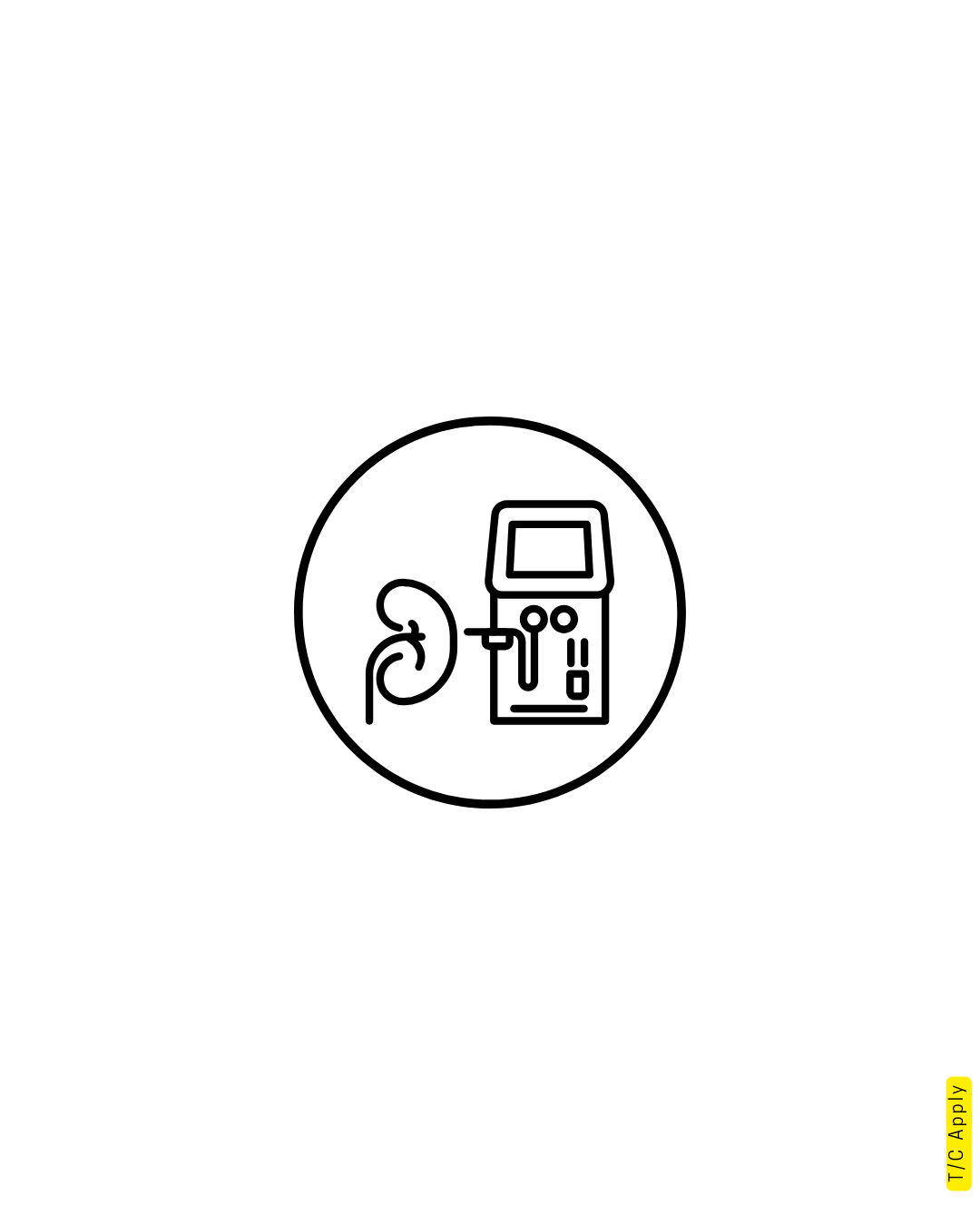Description
Overview of Bachelor of Vocation (B.Voc) in Dialysis Technician
The Bachelor of Vocation (B.Voc) in Dialysis Technician is a specialized program focused on preparing students for careers in nephrology, specifically in the field of dialysis treatment. This program equips students with the necessary skills and knowledge to operate dialysis equipment, monitor patients undergoing dialysis, and provide crucial care for individuals with kidney-related health issues. Graduates are qualified to work in hospitals, dialysis centers, and outpatient clinics.
Core Areas of Study in B.Voc in Dialysis Technician
Anatomy and Physiology of the Renal System
Understanding the structure and function of the kidneys, the urinary system, and how renal disorders affect overall health.
Dialysis Techniques
Learning the different types of dialysis, including hemodialysis and peritoneal dialysis, as well as the specific procedures and protocols involved in each.
Dialysis Equipment and Operation
Gaining hands-on experience with dialysis machines and other related equipment, focusing on setup, operation, and maintenance.
Patient Assessment and Monitoring
Developing skills in assessing patients? health status, monitoring vital signs, and recognizing potential complications during dialysis treatment.
Nutritional Management in Renal Health
Understanding dietary considerations and nutritional requirements for patients with kidney disease, including meal planning and education.
Infection Control and Safety Protocols
Learning best practices in infection prevention, handling of equipment, and ensuring patient safety during dialysis procedures.
Emergency Care and Management
Preparing for emergency situations that may arise during dialysis, including understanding how to respond quickly to complications.
Communication and Patient Care
Developing effective communication skills to interact with patients, families, and healthcare teams, ensuring compassionate and quality care.
Curriculum Structure
A typical Bachelor of Vocation in Dialysis Technician program may include:
Core Courses: Subjects covering renal anatomy, dialysis technology, patient care, and clinical practices.
Practical Laboratories: Hands-on training sessions focusing on the operation of dialysis machines and patient monitoring techniques.
Internships: Opportunities to work in kidney care centers or hospitals, providing real-world experience in dialysis procedures and patient interaction.
Admission Requirements
Admission to the B.Voc in Dialysis Technician program typically requires:
A high school diploma (or equivalent), preferably with a background in science subjects such as biology and chemistry.
Some institutions may require an entrance exam or interview to assess aptitude and commitment to the healthcare field.
Skills Developed in the B.Voc in Dialysis Technician Program
Graduates of the Bachelor of Vocation in Dialysis Technician will acquire essential skills, including:
Technical Proficiency: Mastery in operating and maintaining dialysis machines and understanding treatment modalities.
Patient Assessment: Ability to monitor and assess patients during dialysis treatments, ensuring their safety and comfort.
Infection Control Knowledge: Understanding of hygiene practices and infection prevention in a healthcare setting.
Nutritional Awareness: Knowledge of dietary needs specific to renal patients and the ability to provide educational support.
Communication Skills: Effective communication with patients, families, and healthcare professionals to facilitate quality care.
Career Opportunities
Upon completion of the B.Voc in Dialysis Technician, graduates can pursue various career paths, including:
Dialysis Technician
Working directly with patients undergoing dialysis, managing treatment processes, and ensuring patient safety.
Renal Care Specialist
Collaborating with healthcare teams to provide comprehensive care for patients with kidney disease.
Clinical Technician in Dialysis Centers
Assisting in the daily operations of dialysis clinics, including equipment maintenance and patient management.
Patient Educator
Providing education and support to patients and families about kidney health, dialysis treatment, and lifestyle management.
Healthcare Support Staff
Working alongside nephrologists and nurses in hospitals or outpatient settings, assisting in patient care and treatment coordination.
Conclusion
The Bachelor of Vocation in Dialysis Technician equips students with the technical and interpersonal skills necessary for a successful career in the growing field of nephrology. With a strong emphasis on practical training and patient care, graduates are well-prepared to make a positive impact in the lives of individuals with kidney disease. If you have any further questions about the B.Voc in Dialysis Technician or related topics, feel free to ask!









